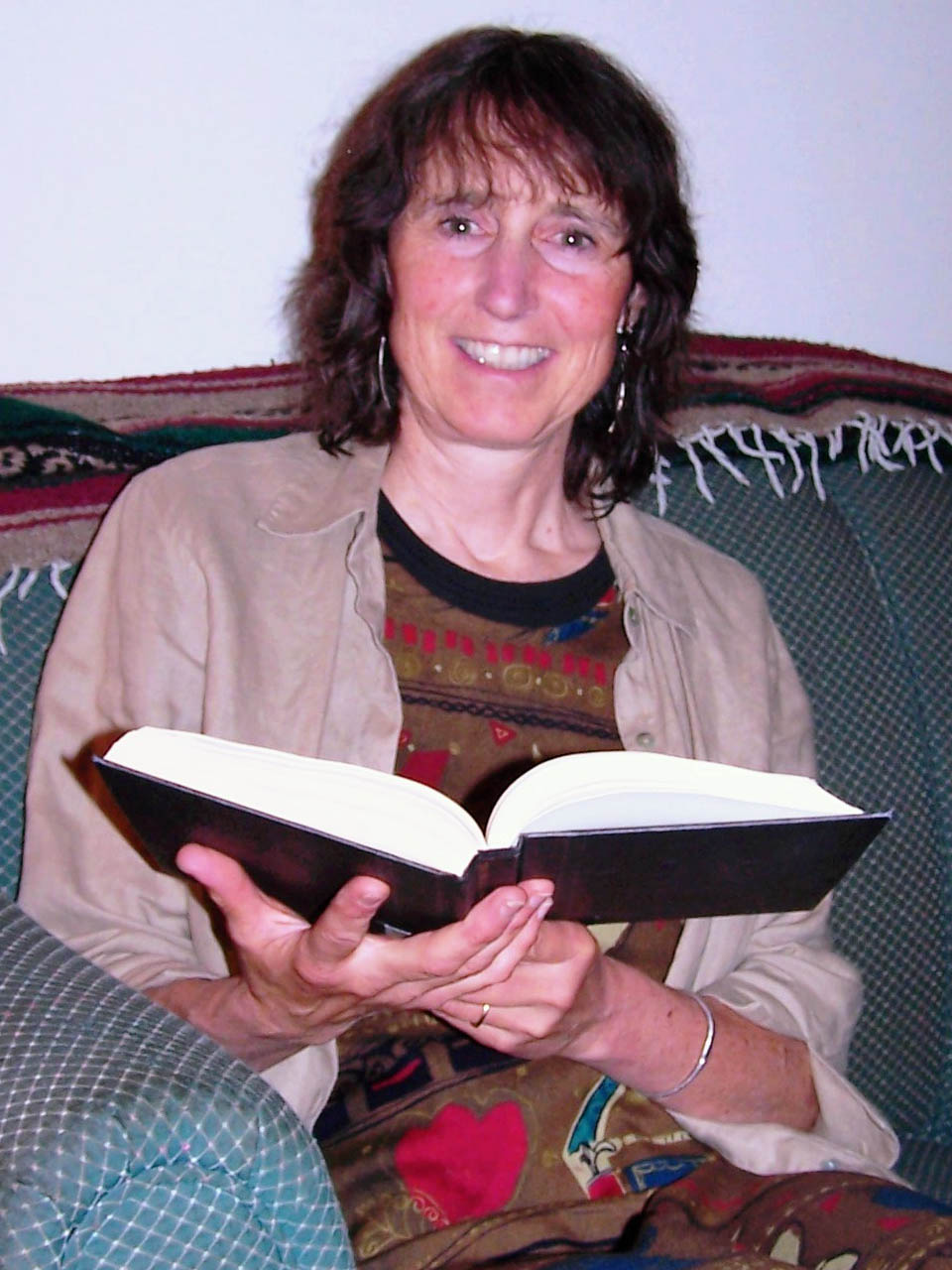
I’m easily lured to tales of pioneers who leave the comfortable and familiar to carve out lives on the frontier. I’m also fascinated by the U.S. counterculture movement of the 1960s and 1970s. Add my interest in organic gardening and a love of the Maine Coast, and this book becomes a must-read for me.
Melissa Coleman tells the moving story of her childhood on the rugged Maine coastal peninsula of Cape Rosier. In 1968, her parents, Eliot and Sue Coleman, purchase 60 wooded acres from neighboring back-to-the land gurus Helen and Scott Nearing, and begin the arduous work of carving out a homestead. Their aim is a simpler life of self-sufficiency and harmony with the natural world.
The Coleman’s quest turns out to be deeply fulfilling but intensely demanding. Just as they are getting started, Melissa is born and soon followed by a little sister With Elliot focused on proving the viability of year-round, cold-climate organic farming, and Sue overwhelmed by the burdens of caring for her family without running water, electricity, or community, Melissa and her sister are frequently left to their own devices. Melissa fondly remembers her time of freedom in a sensory paradise, wandering the property naked, picking berries and peas off the vine, lying in tall grass listening to the songs of sparrows, tiptoeing barefoot through the soft, squishy moss in the cool shady woods, inhaling deeply the damp, briny air.
But her innocent idyll can’t last under the strain of her father’s drive and manic work habits, her mother’s depression, and ultimately, a devastating family tragedy. Melissa reveals but doesn’t judge the imperfect compromises and hypocrisies her parents inevitably choose, portraying them as deeply flawed but industrious and idealistic. She surely found her world bewildering and painful at times, but she has responded with resilience, compassion and forgiveness.

